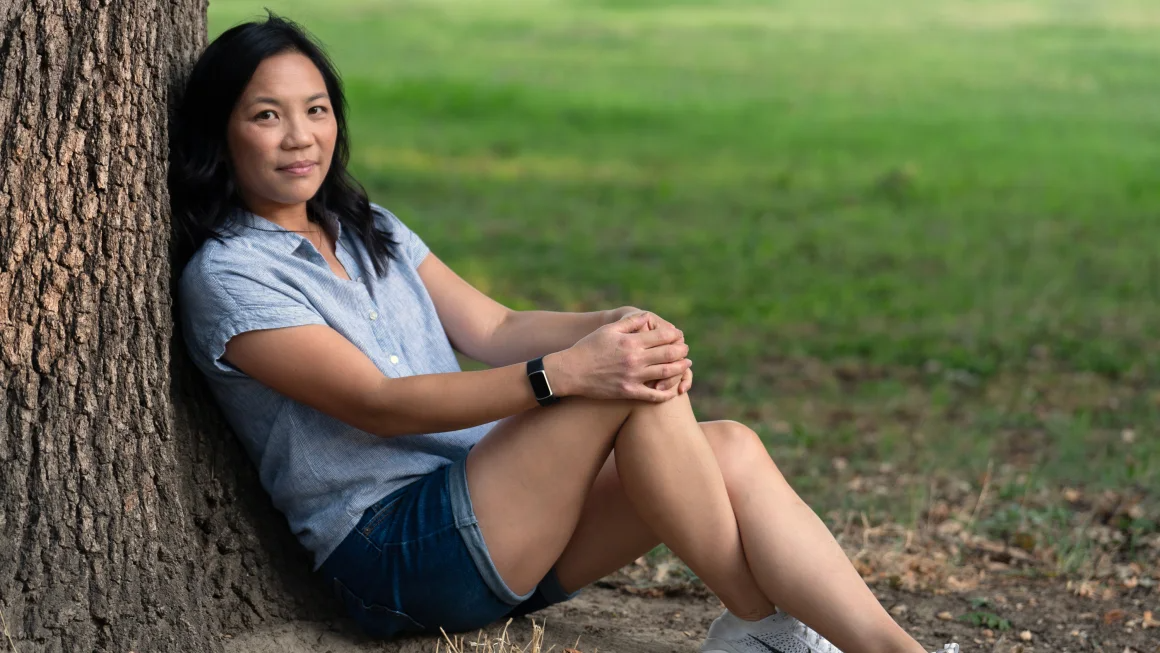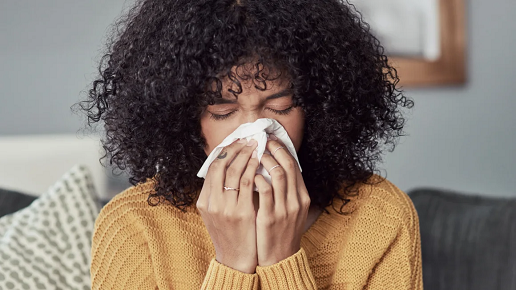In 2018, Christina Kashiwada, a civil engineer from Sacramento, California, noticed a small lump in her breast. What she initially thought was a minor issue turned out to be stage 3 breast cancer, a diagnosis that shocked her at age 36.
The latest data shows that breast cancer diagnoses among Asian American and Pacific Islander (AAPI) women are rising rapidly, particularly in younger women. In 2021, approximately 55 out of every 100,000 AAPI women under 50 were diagnosed with breast cancer, surpassing rates for Black and Hispanic women and matching those of white women. Between 2000 and 2021, breast cancer cases in AAPI women under 50 increased by 52%, significantly outpacing the 3% growth seen across all women. Source: National Cancer InstituteCredit: Phillip Reese for KFF Health NewsEmbed Download image
Source: National Cancer InstituteCredit: Phillip Reese for KFF Health NewsEmbed Download image
Researchers are working to understand the reasons behind this alarming trend. Experts suggest that cultural shifts, stress, and lifestyle changes may play roles, but the exact causes remain unclear. Scarlett Gomez, an epidemiologist, notes a 4% per year increase in breast cancer rates among AAPI women under 50. Other cancers, such as pancreatic and thyroid, are also rising in this group.
Kashiwada, who underwent extensive treatment, emphasizes the importance of being aware of breast cancer risks, regardless of age or lifestyle. “Be very in tune with your body and what it’s telling you,” she advises.







